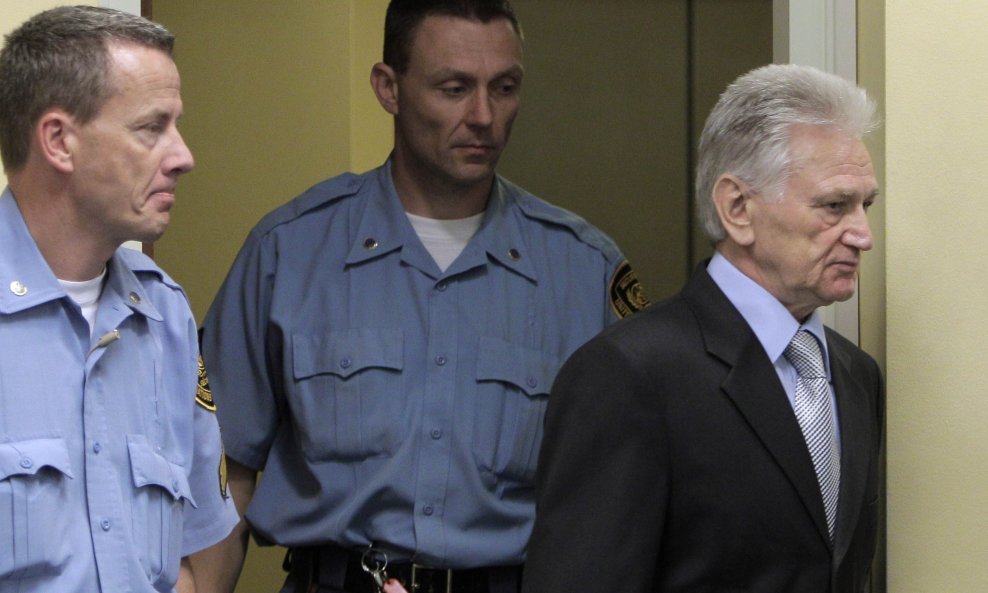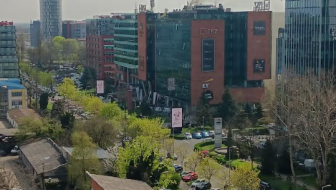The Appeals Chamber of the International Criminal Tribunal for the former Yugoslavia on Thursday upheld an appeal by the defence and quashed a Trial Chamber ruling which sentenced Yugoslav Army Chief-Of-Staff Momcilo Perisic to 27 years' imprisonment for crimes committed in Bosnia and Herzegovina and Croatia.
The Appeals Chamber orders that Perisic be immediately released, presiding judge Theodor Meron said.
The Hague tribunal in September 2011 found Perisic guilty of aiding and abetting the years-long siege of Sarajavo and the killing of thousands of Muslims in Srebrenica, as well as of failing to punish his subordinates for the shelling of Zagreb.
With regard to Sarajevo and Srebrenica, the Appeals Chamber first found that the Trial Chamber applied the wrong legal standard to evaluate evidence and then, by applying the correct standard, only de novo evaluated evidence on Perisic's liability for aiding crimes committed by the Bosnian Serb army.
The majority of the Appeals Chamber found that the Yugoslav Supreme Defence Council's policy of providing support to the Bosnian Serb army through the Yugoslav Army does not prove that this policy was directed at criminal activities as opposed to legitimate war efforts.
The majority underscored that the Trial Chamber did not find that the Bosnian Serb army was a criminal organisation, but an army fighting a war.
The Appeals Chamber also found that Perisic's role in the Yugoslav Army's assistance to the Bosnian Serb army could not be considered as assistance towards crimes but support to the war effort of another army.
With regard to Zagreb, the Appeals Chamber unanimously found that the Trial Chamber committed an error of law by failing to address the evidence of Perisic's effective control over those who shelled the Croatian capital.
The Appeals Chamber found that Perisic had influence over the Yugoslav Army members sent to the Serbian Army of the Krajina who took part in the May 2-3, 1995 shelling of Zagreb, but that this influence did not constitute effective control required for superior liability.





































